Rashes
Partnering with a skin expert at The Dermatology & Skin Surgery Center of Wilmington can give you the tools and custom treatment options to help you treat and prevent rashes. Learn more about the symptoms and causes of rashes below, and schedule your skin check to begin your healthy skin journey with Pinnacle.
Examples of Rashes
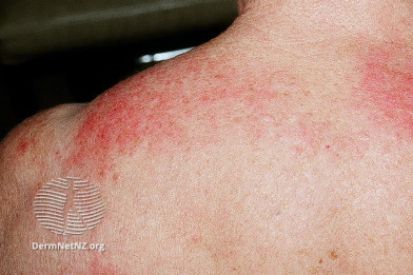
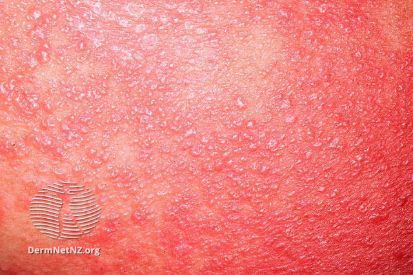
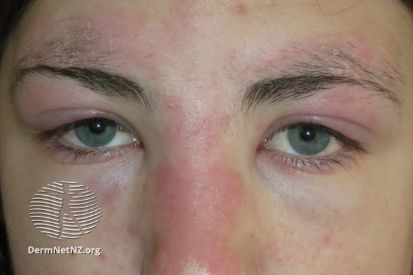
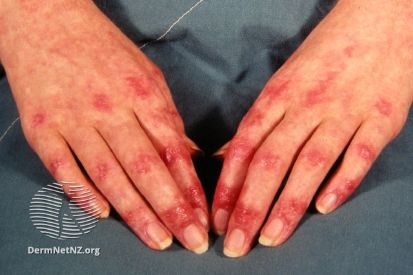
What are the Symptoms of Rashes?
- Redness: Rashes often display a reddish hue on the affected skin due to increased blood flow or inflammation.
- Itching: Itchiness is a common symptom accompanying rashes, causing discomfort and a desire to scratch the affected area.
- Bumps or blisters: Rashes may present as raised bumps or fluid-filled blisters on the skin.
- Dry or scaly skin: Some rashes manifest with dry, flaky, or scaly patches, causing roughness or peeling of the skin.
What Causes a Rash?
- Rashes can be caused by various factors, including allergic reactions to substances like certain foods or medications, skin contact with irritants, infections such as fungal or bacterial, autoimmune conditions, or underlying medical conditions.
- Environmental factors, like heat or certain fabrics, may also contribute.
- Identifying the specific cause of a rash often requires careful examination by your dermatologist in order to determine treatment.
How to Prevent a Rash
Partnering with a skin expert is the best way to determine your custom skincare routine. Scheduling regular skin checks with your dermatologist go a long way in prevention.
FAQs about Rashes
Rashes can have various causes, including allergies, infections, or skin conditions. Your body might be reacting to something it came into contact with, like a new lotion or plant, or it could be a sign of an underlying issue.
Certain skincare products, like those containing harsh chemicals or fragrances, can trigger rashes. Opting for gentle, hypoallergenic products can reduce the risk. A dermatologist can recommend products tailored to your skin's needs.
Scratching a rash can worsen the irritation and potentially lead to infection. Over-the-counter anti-itch creams, cool compresses, and keeping the affected area moisturized can help relieve itching. If persistent, consult with a dermatologist for proper guidance.
It depends on the type of rash. Some rashes benefit from being kept covered to prevent further irritation, while others may heal better when exposed to air. Your dermatologist can advise on the best approach based on the specific rash.
We Offer Diagnosis and Treatment of Skin Care Needs
How to Treat Rashes
If you're dealing with a rash, dermatological guidance is key for the right diagnosis to help you find an effective, healthy skin treatment plan. Schedule your appointment today.
Featured Blogs
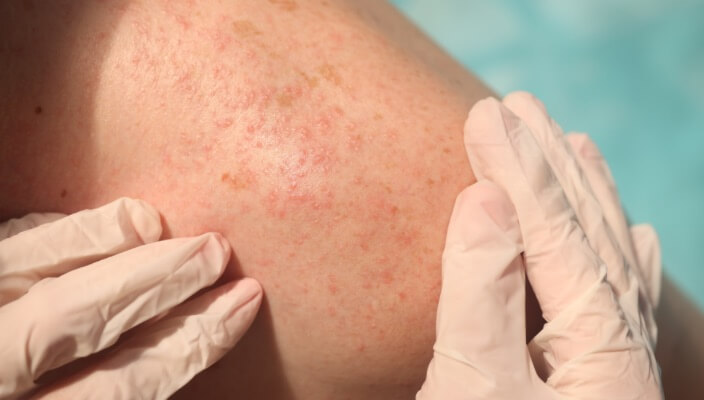
- General Dermatology
- Chronic Skin Conditions
At The Dermatology & Skin Surgery Center of Wilmington, we understand how hard it can be to distinguish eczema and psoriasis from one another.
Read More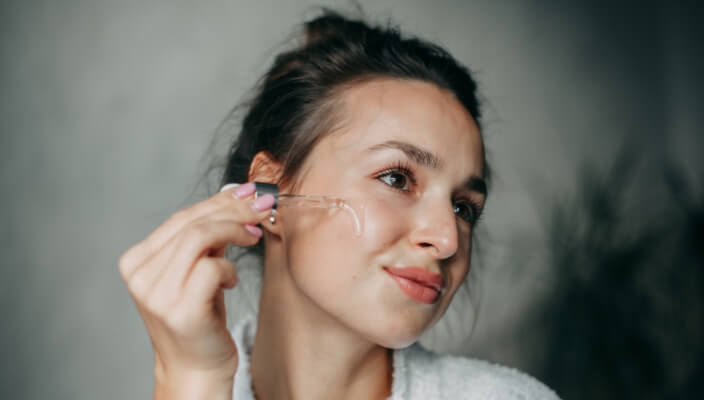
- Skin Care
Whether you’re searching for a serum, face mask, eye cream, or something else, we’re here to help you find effective skincare routine extras that are dermatologist-recommended and proven to contribute to a healthy complexion.
Read More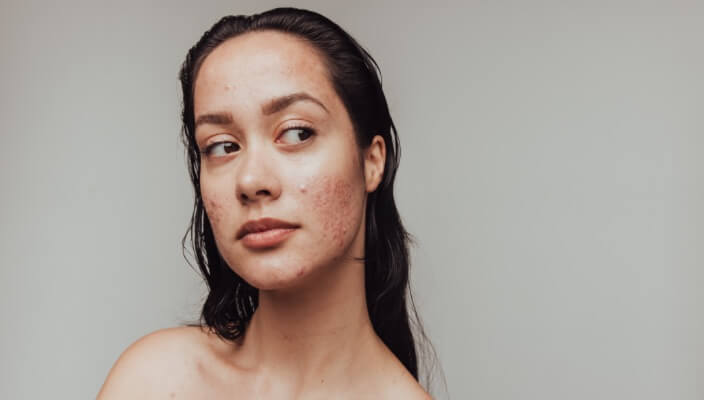
- Skin Cancer
- General Dermatology
- Chronic Skin Conditions
Learn more about the most common types of skin lesions we see at Westerville Dermatology and how our dermatologists remove them.
Read MoreFeatured Products

Epionce Renewal Calming Cream
Renewal Calming Cream is clinically proven to relieve the symptoms of eczema, including itching, redness and dryness. Formulated with cholesterol and ceramides to help protect the skin barrier, Renewal Calming Cream hydrates and repairs extremely dry skin.

SkinCeuticals Soothing Cleanser
Calming, soap free cleansing foam with a high-concentration blend of botanical extracts to dissolve impurities while soothing compromised skin. 5 fl oz / 150 mL
